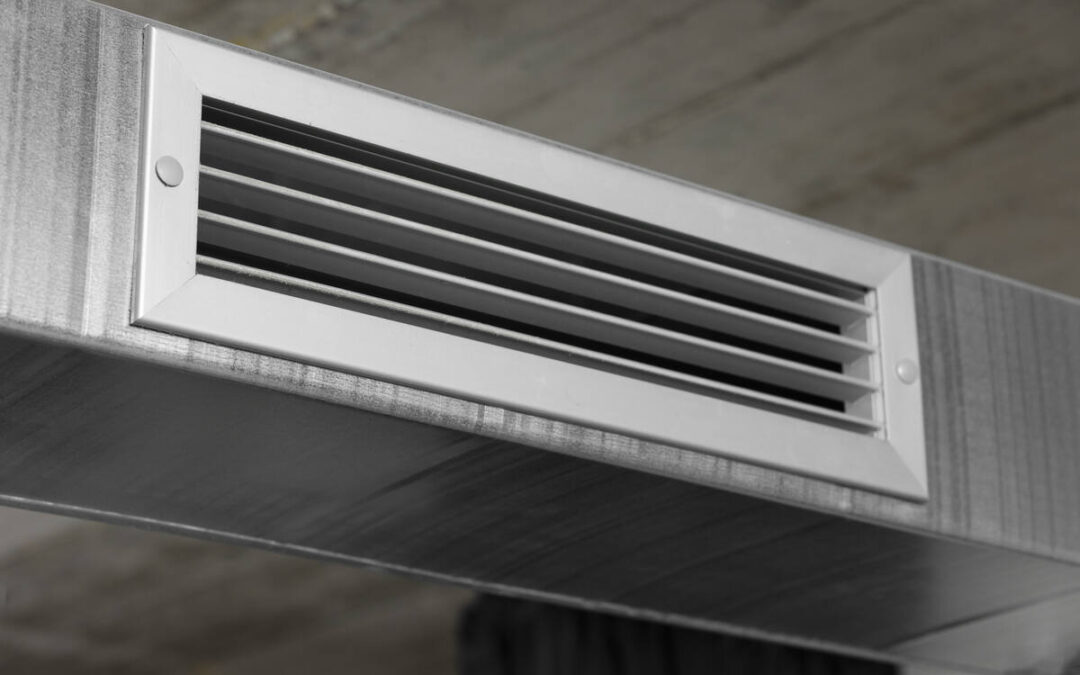When the time comes to turn on the gas furnace again homeowners should take precautions to ensure it will efficiently run their heating system. Taking a close look at the furnace and boiler is the first step in preparing for winter weather. Clearing any debris such as dust, cobwebs, leaves and other debris from the flue pipes and around the furnace is one of the first things to do before turning a heater on after its long break.
Over time debris can gather and block the flue pipes and cause a fire or create a horrible smell upon being lit the first time. A lot of homeowners schedule a time for a licensed and certified technician to come out and do an annual inspection before using their heater. A technician will spend close to an hour or so checking the components that are likely to have issues.
During this inspection the air filter, the fan blade and belt, along with the thermostat and controls will be checked closely. The technician will look for cracked or lose belts along with rusted contact wires that lead to the controls. These issues can cause problems with a heating system working properly. A technician will also look closely at the thermocouples to make certain there are no signs of problems that could cause potential issues with the heating zones.
A thorough inspection of the thermostat and batteries is also a part of getting your heating system ready for use. Homeowners are often advised to find a happy medium with their thermostat setting. Every homeowner wants to lower their utility bills, but none want to freeze. Finding the happy medium setting will ensure the house is plenty warm without running up utility bills.
Some people find it easier to keep their home at one constant temperature year around. By leaving the thermostat setting at one temperature energy can be saved all year long. A certified HVAC technician will also recommend keeping an eye on the boiler.
Checking for leaks and keeping an eye on the psi gauge are important. The gauge should read around 12-15 psi. If it becomes lower or higher at any point the technician will need to return to check for underlying causes. To find a reputable HVAC company a homeowner should compare the reviews and prices charged among a few companies.
This ensures that they will have a reliable service to come do annual inspections and make repairs to a heating system should the need arise. Most licensed certified technicians will always have new replacement parts available to make repairs when needed. Keeping up with routine inspections and keeping an eye on your gas furnace will help reduce the risk of costly repairs or replacements during the cold months of winter.
Frequently Asked Questions About Gas Furnace Maintenance
Why is Gas Furnace Maintenance Important Before Winter?
Gas furnace maintenance before winter is crucial to ensure efficient heating and safety. Debris accumulation in flue pipes can lead to fire hazards or unpleasant odors when the furnace is turned on after a long break.
What Does a Technician Check During an Annual Inspection?
During an annual inspection, a technician checks components like the air filter, fan blade, belt, thermostat, and controls for any issues. Cracked belts, rusted wires, or faulty thermocouples can affect the furnace’s performance.
How Can Homeowners Maintain Optimal Thermostat Settings?
Homeowners should find a balance in thermostat settings to ensure comfort without excessive energy consumption. Maintaining a consistent temperature year-round can help save energy while keeping the home warm.
What Should Homeowners Monitor in Their Boilers?
Homeowners should regularly check their boilers for leaks and monitor the psi gauge, which should ideally read between 12-15 psi. Any deviations from this range may indicate underlying issues that require attention.
How Can Homeowners Find Reliable HVAC Companies for Maintenance?
Homeowners can find reputable HVAC companies by comparing reviews and prices among several options. Choosing a certified technician ensures access to reliable service and timely repairs when needed.
What Are the Benefits of Routine Inspections for Gas Furnaces?
Routine inspections for gas furnaces help reduce the risk of costly repairs or replacements during the winter months. Timely maintenance ensures optimal performance and extends the lifespan of the heating system.
How Often Should Gas Furnace Filters Be Changed?
Gas furnace filters should be changed regularly to maintain indoor air quality and system efficiency. Depending on usage and filter type, filters may need replacement every one to three months.
What Are Some Signs of Potential Gas Furnace Problems?
Signs of potential gas furnace problems include reduced heating performance, strange odors, unusual noises, or increased energy bills. Prompt attention to these signs can prevent major issues.
Can Gas Furnace Maintenance Help Improve Energy Efficiency?
Yes, regular gas furnace maintenance can improve energy efficiency by ensuring proper airflow, component function, and thermostat calibration. This helps reduce energy waste and lowers utility bills.
What Precautions Should Homeowners Take When Using Gas Furnaces?
Homeowners should always follow safety precautions when using gas furnaces, such as keeping flammable materials away, ensuring proper ventilation, and scheduling professional inspections and maintenance regularly. Taking these precautions minimizes safety risks and ensures efficient heating throughout the winter.


